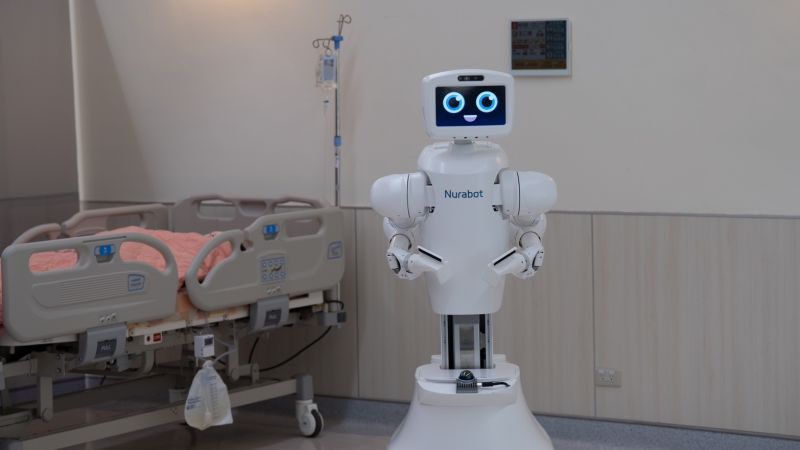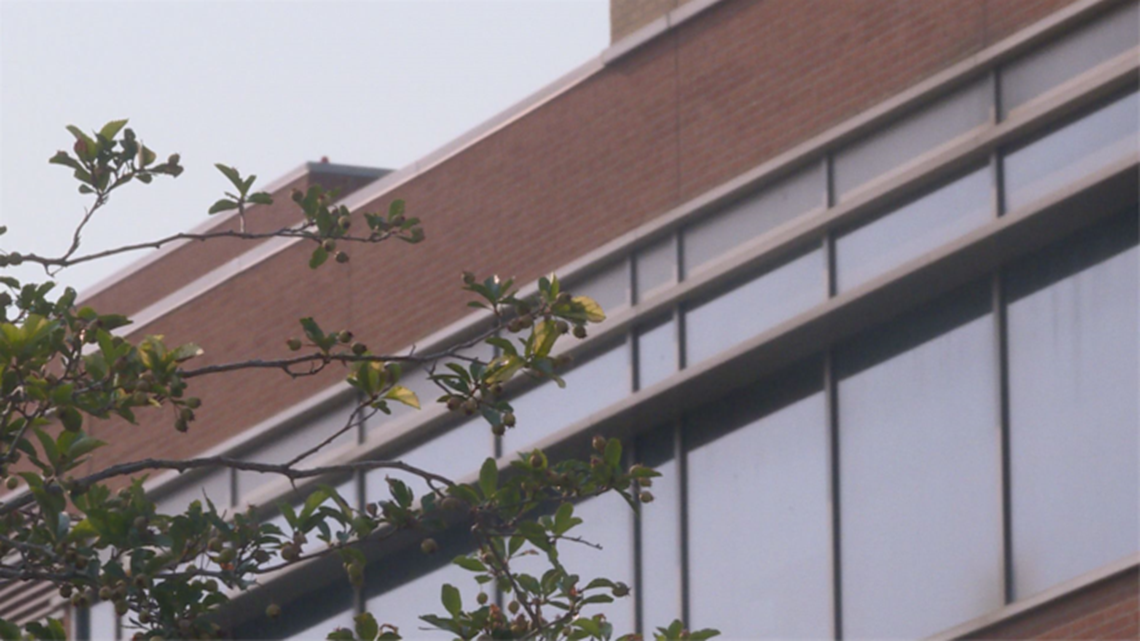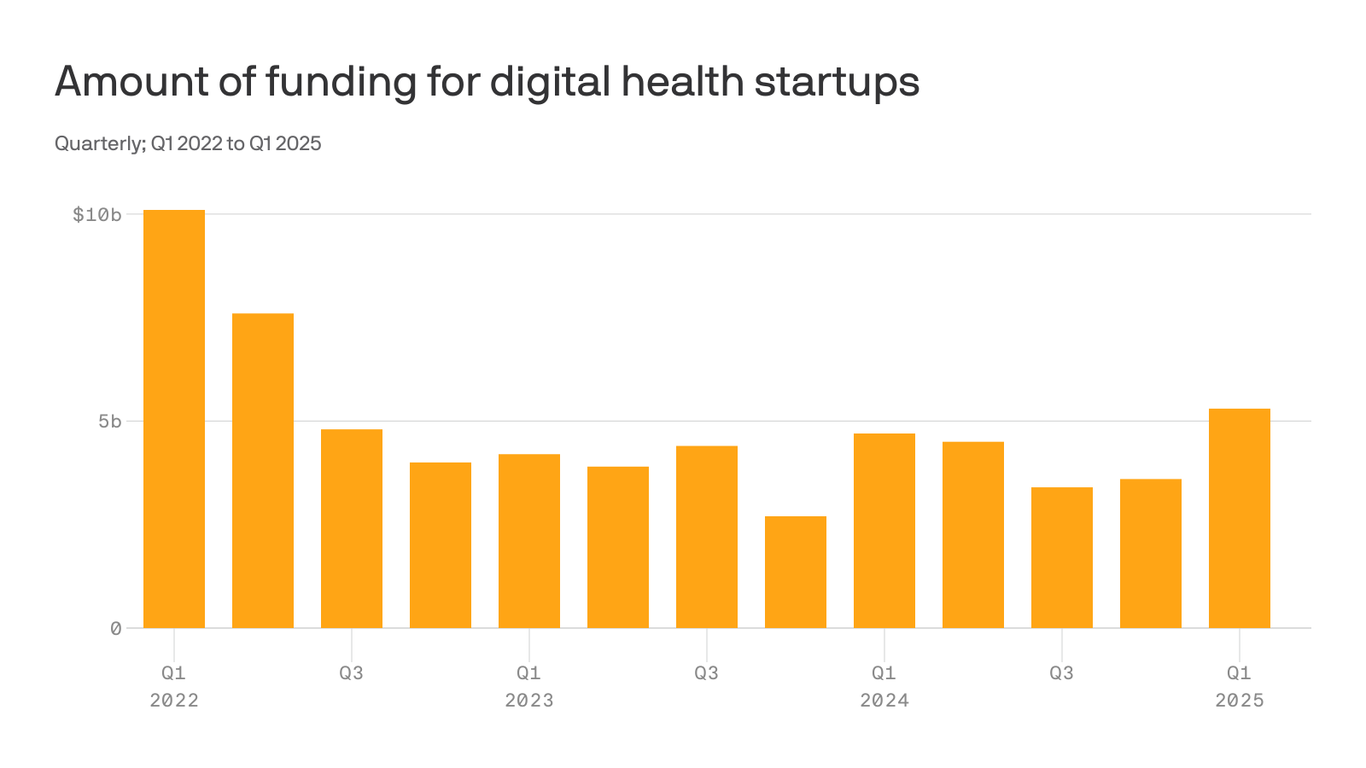Robot Nurses: The High-Tech Solution to Healthcare's Staffing Crisis

In a groundbreaking advancement for healthcare technology, Nurabot emerges as an innovative AI-powered robot designed to revolutionize nursing workflows. This cutting-edge robotic assistant aims to alleviate the mounting pressures faced by healthcare professionals by taking on repetitive and time-consuming tasks.
With global healthcare systems struggling with persistent staff shortages, Nurabot represents a promising solution to support and empower nursing teams. By automating routine responsibilities, the robot enables nurses to redirect their focus toward more complex and critical patient care activities that require human expertise and compassion.
The intelligent robot is engineered to streamline hospital operations, reducing administrative burdens and potentially improving overall healthcare efficiency. Its advanced AI capabilities allow it to perform tasks with precision and consistency, complementing the skills of human healthcare workers rather than replacing them.
As healthcare continues to evolve, innovations like Nurabot demonstrate the potential of technology to address workforce challenges and enhance patient care quality. By supporting nurses and reducing their workload, this robotic assistant could play a crucial role in transforming healthcare delivery in an increasingly demanding global landscape.







.jpg)
